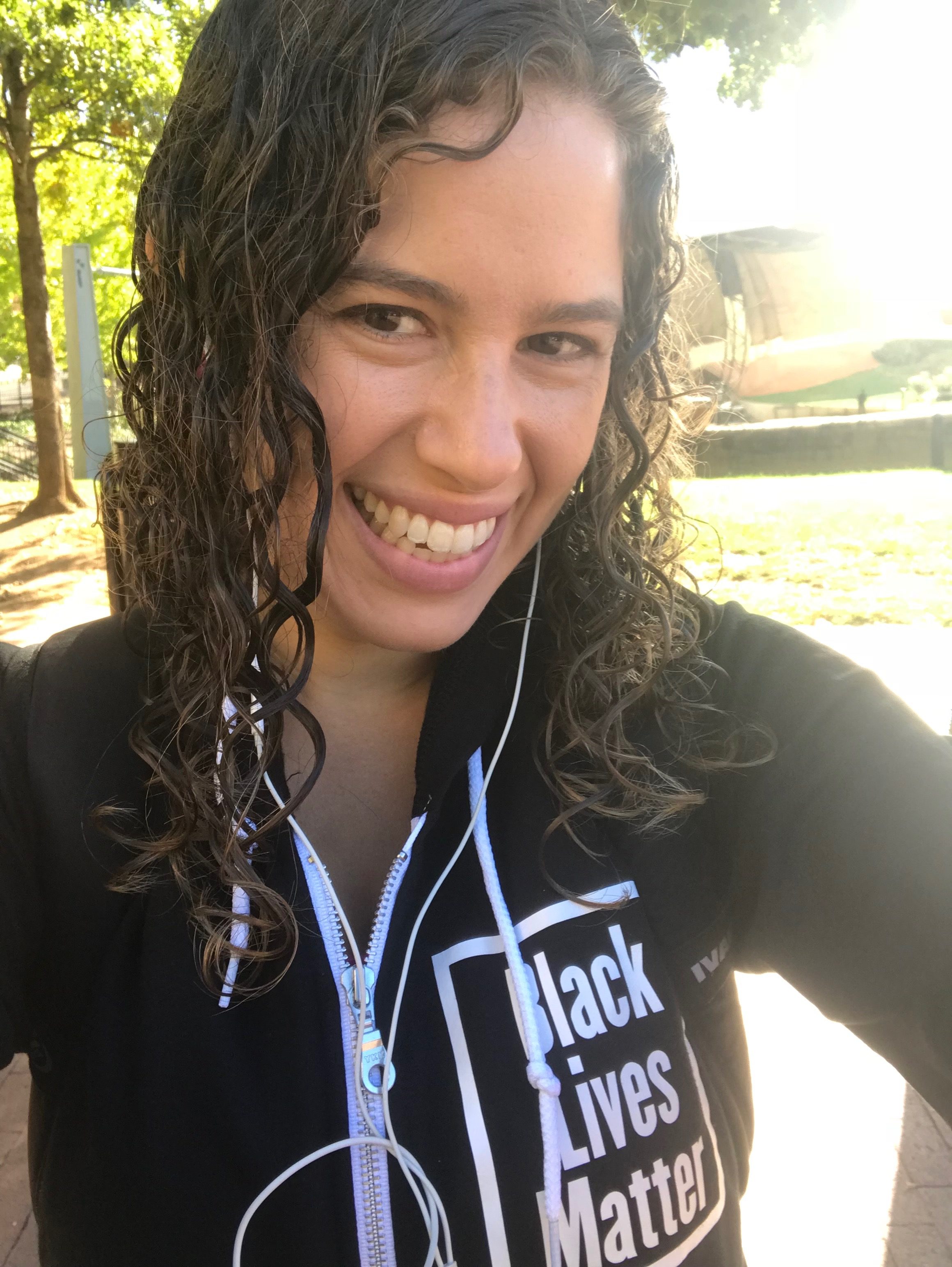I published original empirical research, as a first author!
I am currently a PhD Candidate in Child Study and Human Development at Tufts University. Throughout my time here, I have worked as a research assistant at the Institute for Applied Research in Youth Development. One of our flagship projects is the 4-H Study of Positive Youth Development. I recently used data from 6th through 12th grade participants in this study to assess the relationship between potentially problematic behaviors and indicators of positive development.
You can find the article here, or email me if you’re having trouble.
Here is a passage in which we discuss our findings related to sexual activity:
“We found a distinction between youth who had sex with protection and youth who had unprotected sex: members of the Low Risk group were increasingly likely to engage in protected sex as they got older, but had a very low probability of engaging in unprotected sex; in contrast, members of the High Risk group were likely to engage in unprotected sex but not protected sex. Other research has shown that two-thirds of adolescents will have sex before they are 18 years old, making sexual activity a normative behavior during adolescence (Crockett et al. 2006). Unprotected and/or unwanted sex is problematic, but sexual activity per se is not always linked to negative outcomes” (p. 987).
In simple terms, when we talk about teenagers having sex, let’s focus on what goes on in the sexual activity, for example, whether or not they are using protection. Sex itself, particularly sexual activity characterized by positive attributes such as the use of protection, can be part of overall positive development for young people. But it depends what happens and how it is experienced.
However, this study only differentiated between protected sex and unprotected sex. I would advocate for additional research that assesses the degree and kind of consent involved in a sexual encounter, in conjunction with other variables and other aspects of the process. I hope to design and implement such research myself, in the future.
